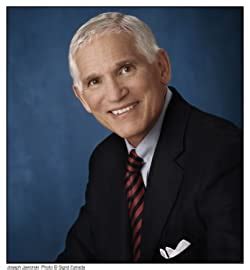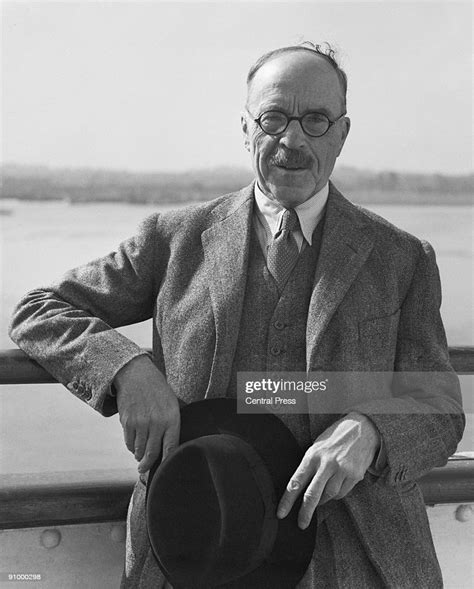A Quote by James Russell Lowell
The wisest man could ask no more of fate Than to be simple, modest, manly, true, Safe from the many, honored by the few; Nothing to court in Church, or World, or State, But inwardly in secret to be great.
Related Quotes
Ecology's implications for capitalism are too momentous for the capitalist to contemplate. The plutocrats are more wedded to their wealth than to the Earth upon which they live, more concerned with the fate of their fortunes than with the fate of humanity. The present ecological crisis has been created by the few at the expense of the many.
Isao had never felt that he might want to be a woman. He had never wished for anything else but to be a man, live in a manly way, die a manly death. To be thus a man was to give constant proof of one's manliness-to be more a man today than yesterday, more a man tomorrow than today. To be a man was to forge ever upward toward the peak of manhood, there to die amid the white snows of that peak.
One of the great mysteries of our current state of consciousness is how we can live in a world where absolutely nothing is fixed, and yet perceive a world of 'fixedness.' But once we start to see reality more as it is, we realize that nothing is permanent, so how could the future be fixed? How could we live in anything but a world of continual possibility? The realization allows us to feel more alive.
Take the happiest man, the one most envied by the world, and in nine cases out of ten his inmost consciousness is one of failure. Either his ideals in the line of his achievements are pitched far higher than the achievements themselves, or else he has secret ideals of which the world knows nothing, and in regard to which he inwardly knows himself to be found wanting.
It couldn't be an all-bad world, could it, not with birds who warble and call? Maybe that was the secret - to find the few things that made life just a fraction better, and to focus on those. Bird warbles. Peach fuzz. Puppies barking as if they're full grown dogs. Nothing great, certainly nothing to justify the rest of it, but enough to keep you going.
No man is greater than his prayer life. The pastor who is not praying is playing; the people who are not praying are straying. We have many organizers, but few agonizers; many players and payers, few pray-ers; many singers, few clingers; lots of pastors, few wrestlers; many fears, few tears; much fashion, little passion; many interferers, few intercessors; many writers, but few fighters. Failing here, we fail everywhere.
It is true that traditional Christianity is losing some of its appeal among Americans, but that is a religious, not political, matter. It is worth remembering that the Jeffersonian 'wall of separation' between church and state has always been intended to protect the church from the state as much as the state from the church.
Louis XIV was very frank and sincere when he said: I am the State. The modern statist is modest. He says: I am the servant of the State; but, he implies, the State is God. You could revolt against a Bourbon king, and the French did it. This was, of course, a struggle of man against man. But you cannot revolt against the god State and against his humble handy man, the bureaucrat.






































